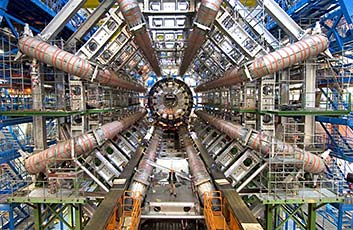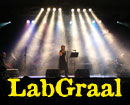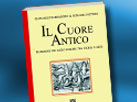| English Page |
CERN Council updates European strategy for particle physics |
 |
 |
| 06 June 2013 | ||
Brussels/Geneva, 30 May 2013. At a special meeting hosted by the European Commission in Brussels today, the CERN Council formally adopted an update to the European strategy for particle physics. Since the original European strategy was put in place in 2006, particle physics has made considerable progress in elucidating the laws of nature at the most fundamental level. CERN’s Large Hadron Collider (LHC) has begun routine operation, producing its first major results, and the global particle physics landscape has evolved. The updated strategy takes these changes into account, charting a leading role for Europe in this increasingly globalised endeavour. “The strategy we have adopted today recognizes Europe’s strength in depth in particle physics,” said President of the CERN Council, Agnieszka Zalewska. “Europe’s success is built on strong universities and strong national communities working constructively together and coordinating their efforts through the strong European focal point of CERN.” A very important issue for the strategy is preserving and building on the European model for cross-border research. CERN, in close collaboration with research institutions in the CERN Member States and under the guidance of the CERN Council, will coordinate future European engagement with global particle physics projects in other regions. The strategy notes that cross-border collaboration in science, as exemplified by the CERN model, pays dividends for Europe in terms of knowledge, innovation, education and training.
|
 -->
-->













